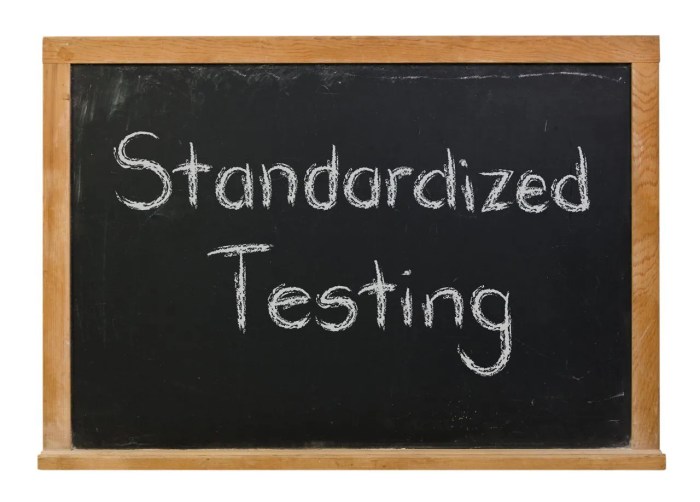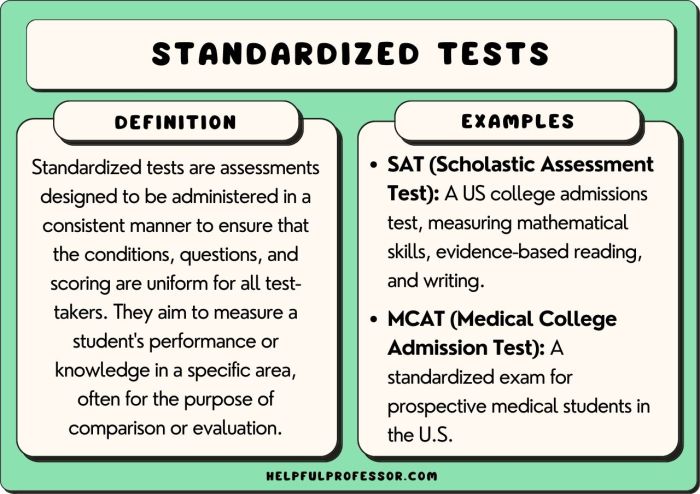RBTs are not allowed to administer standardized assessments. This restriction is due to the ethical considerations and the qualifications and limitations of Registered Behavior Technicians (RBTs). In this article, we will delve into the reasons why RBTs are not permitted to administer standardized assessments, explore their role in the assessment process, and discuss the importance of collaboration and supervision.
Standardized assessments are typically administered by qualified professionals, such as psychologists or licensed behavior analysts, who have received specialized training in assessment techniques and interpretation. RBTs, while they play a vital role in the assessment process, do not possess the same level of training and expertise as these professionals.
RBTS Qualifications and Limitations

Registered Behavior Technicians (RBTs) are not qualified to administer standardized assessments due to their limited training and scope of practice. Standardized assessments require specialized knowledge and skills in test administration, interpretation, and report writing, which RBTs typically do not possess.
RBTs are not permitted to administer standardized assessments due to ethical considerations. Standardized assessments are used to make important decisions about individuals, and it is essential that they are administered by qualified professionals who are trained in proper test administration and interpretation.
Examples of standardized assessments that RBTs are not permitted to administer include:
- Intelligence tests (e.g., Wechsler Intelligence Scale for Children, Stanford-Binet Intelligence Scale)
- Academic achievement tests (e.g., Woodcock-Johnson Tests of Achievement, Wide Range Achievement Test)
- Personality tests (e.g., Minnesota Multiphasic Personality Inventory, Rorschach Inkblot Test)
- Neuropsychological tests (e.g., Wechsler Adult Intelligence Scale, Luria-Nebraska Neuropsychological Battery)
Role of RBTs in Assessment Process: Rbts Are Not Allowed To Administer Standardized Assessments.

RBTs play an important role in the assessment process by collecting data and observing behavior. They can assist qualified professionals in administering standardized assessments by:
- Preparing clients for testing
- Administering subtests under the supervision of a qualified professional
- Collecting data during observations
- Recording and documenting data accurately
Collaboration between RBTs and other professionals is essential to ensure that assessments are conducted appropriately and that the results are valid and reliable.
Supervision and Training

RBTs who are involved in assessment-related tasks must receive adequate supervision and training. Training programs should include instruction on:
- Principles of test administration
- Ethical considerations in assessment
- Data collection and recording techniques
- Observation skills
Supervision should be provided by a qualified professional who is experienced in administering standardized assessments. Supervisors should provide guidance, feedback, and support to RBTs to ensure that they are conducting assessments appropriately.
RBTs who administer standardized assessments without proper supervision may face legal consequences.
Impact on Assessment Quality
The administration of standardized assessments by RBTs has the potential to impact the quality and validity of assessment results. Improper assessment administration can lead to inaccurate or biased results, which can have serious consequences for individuals.
For example, if an RBT does not properly administer an intelligence test, the results may not accurately reflect the individual’s cognitive abilities. This could lead to inappropriate educational or treatment recommendations.
Alternative Assessment Methods

RBTs can utilize alternative assessment methods to gather data and support assessment processes. These methods include:
- Observational assessments
- Functional analyses
- Behavioral checklists
- Self-report measures
These alternative methods can provide valuable information about an individual’s behavior and can be used to supplement standardized assessments or to provide a more comprehensive assessment.
Answers to Common Questions
Why are RBTs not allowed to administer standardized assessments?
RBTs are not allowed to administer standardized assessments due to ethical considerations and their qualifications and limitations. They do not possess the same level of training and expertise as qualified professionals, such as psychologists or licensed behavior analysts, who are typically responsible for administering and interpreting standardized assessments.
What is the role of RBTs in the assessment process?
RBTs play a vital role in the assessment process by collecting data and conducting observations. They can assist qualified professionals in administering standardized assessments and provide valuable information that can contribute to the assessment process.
Why is collaboration and supervision important in assessment?
Collaboration and supervision are essential in assessment to ensure the accuracy and validity of assessment results. RBTs should work under the supervision of qualified professionals who can provide guidance and support throughout the assessment process.